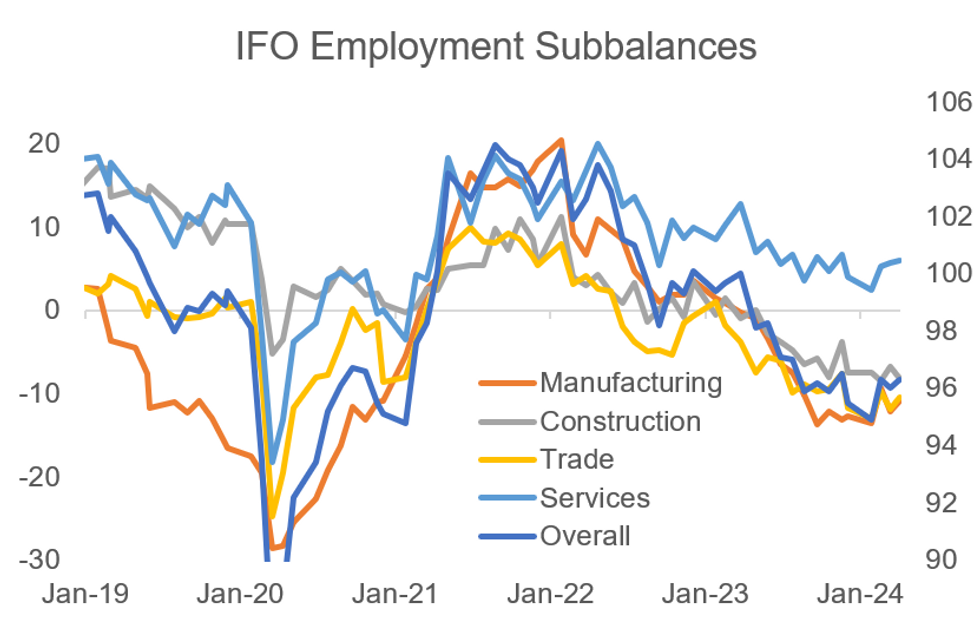-
Policy
Policy
Exclusive interviews with leading policymakers that convey the true policy message that impacts markets.
LATEST FROM POLICY: -
EM Policy
EM Policy
Exclusive interviews with leading policymakers that convey the true policy message that impacts markets.
LATEST FROM EM POLICY: -
G10 Markets
G10 Markets
Real-time insight on key fixed income and fx markets.
Launch MNI PodcastsFixed IncomeFI Markets AnalysisCentral Bank PreviewsFI PiFixed Income Technical AnalysisUS$ Credit Supply PipelineGilt Week AheadGlobal IssuanceEurozoneUKUSDeep DiveGlobal Issuance CalendarsEZ/UK Bond Auction CalendarEZ/UK T-bill Auction CalendarUS Treasury Auction CalendarPolitical RiskMNI Political Risk AnalysisMNI Political Risk - US Daily BriefMNI Political Risk - The week AheadElection Previews -
Emerging Markets
Emerging Markets
Real-time insight of emerging markets in CEMEA, Asia and LatAm region
-
Commodities
-
Credit
Credit
Real time insight of credit markets
-
Data
-
Global Macro
Global Macro
Actionable insight on monetary policy, balance sheet and inflation with focus on global issuance. Analysis on key political risk impacting the global markets.
Global MacroDM Central Bank PreviewsDM Central Bank ReviewsEM Central Bank PreviewsEM Central Bank ReviewsBalance Sheet AnalysisData AnalysisEurozone DataUK DataUS DataAPAC DataInflation InsightEmployment InsightGlobal IssuanceEurozoneUKUSDeep DiveGlobal Issuance Calendars EZ/UK Bond Auction Calendar EZ/UK T-bill Auction Calendar US Treasury Auction Calendar Global Macro Weekly -
About Us
To read the full story
Sign up now for free trial access to this content.
Please enter your details below.
Why MNI
MNI is the leading provider
of intelligence and analysis on the Global Fixed Income, Foreign Exchange and Energy markets. We use an innovative combination of real-time analysis, deep fundamental research and journalism to provide unique and actionable insights for traders and investors. Our "All signal, no noise" approach drives an intelligence service that is succinct and timely, which is highly regarded by our time constrained client base.Our Head Office is in London with offices in Chicago, Washington and Beijing, as well as an on the ground presence in other major financial centres across the world.
Real-time Actionable Insight
Get the latest on Central Bank Policy and FX & FI Markets to help inform both your strategic and tactical decision-making.
Free AccessIFO Employment Sees Services Outperform Again
The IFO employment barometer rose slightly in April, reversing March's decline, to stand at 96.3 (96.0 prior).
- The uptick was relatively broad-based from a sectoral standpoint, as all but the construction sub-index firmed.
- While the overall print is back to around mid-2023 levels, "the demand for labour remained relatively weak", IFO notes.
- Still, only the services sector experienced an expansion in employment (+0.2 to 5.7). Construction (-1.4p to -8.2), manufacturing (+1.3p to -10.9) and trade (+1.3p to -10.5) all remained in contractionary territory.
- IFO flagged that tourism firms are looking for new employees ahead of the summer season. Consulting firms are also looking to expand their workforce. Enterprises in the construction sector are reducing their personnel planning amid order shortages.
- The data seems broadly in line with/a little a bit weaker than the employment index seen within May's Germany flash PMI. The latter showed a slight pick-up around its long-term average, with the services sector being the sole upside driver.
- Official German statistics show employment rising gradually (Q1 +0.1% Q/Q SA), also driven by the services sector (public and financial sectors specifically), while construction employment fell ('GERMAN DATA: Employment Rebounds In Q1 On Services, With More Hours Worked' - MNI, May 17).
- Looking ahead, the data suggests that there is no major lagged wave of redundancies driven by the sluggish manufacturing sector, and that overall employment will likely hover around current levels in the coming months.
 MNI, Destatis
MNI, Destatis
To read the full story
Sign up now for free trial access to this content.
Please enter your details below.
Why MNI
MNI is the leading provider
of intelligence and analysis on the Global Fixed Income, Foreign Exchange and Energy markets. We use an innovative combination of real-time analysis, deep fundamental research and journalism to provide unique and actionable insights for traders and investors. Our "All signal, no noise" approach drives an intelligence service that is succinct and timely, which is highly regarded by our time constrained client base.Our Head Office is in London with offices in Chicago, Washington and Beijing, as well as an on the ground presence in other major financial centres across the world.
